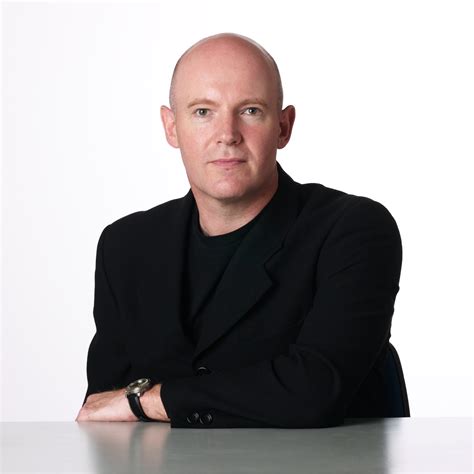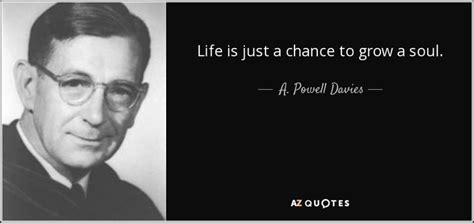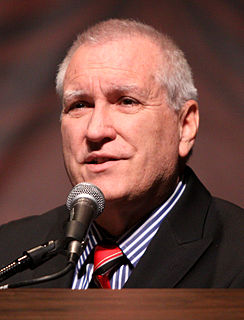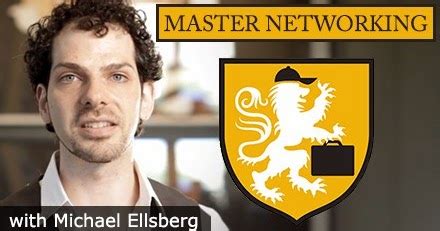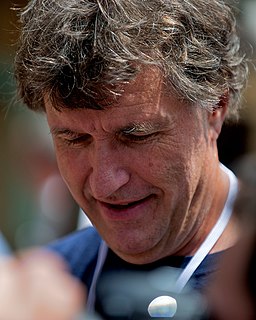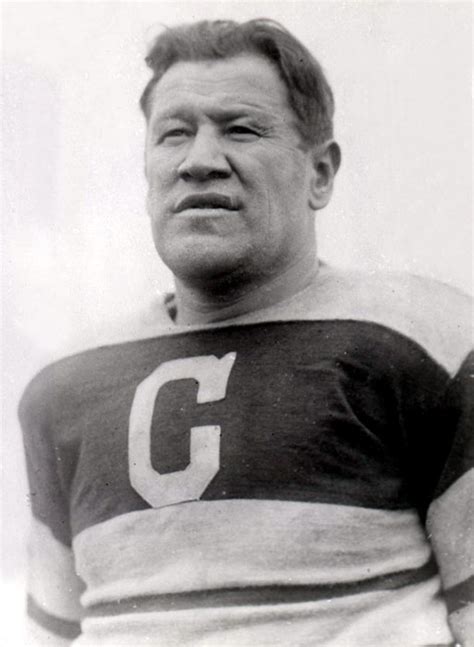A Quote by Robin S. Sharma
Listening is a master skill for personal and professional greatness.
Related Quotes
Greatness comes by doing a few small and smart things each and every day. Comes from taking little steps, consistently. Comes from a making a few small chips against everything in your professional and personal life that is ordinary, so that a day eventually arrives when all that's left is The Extraordinary.
I believe you can train yourself to become a positive thinker, but you must cultivate a desire to develop the skill of setting personal worthy and realistic goals. I am so thoroughly convinced that if we don’t set goals in our life and learn how to master the technique of living to reach our goals, we can reach a ripe old age and look back on our life only to see that we reached but a small part of our full potential. When you learn to master the principle of setting a goal, you will then be able to make a great difference in the results you attain in this life.

